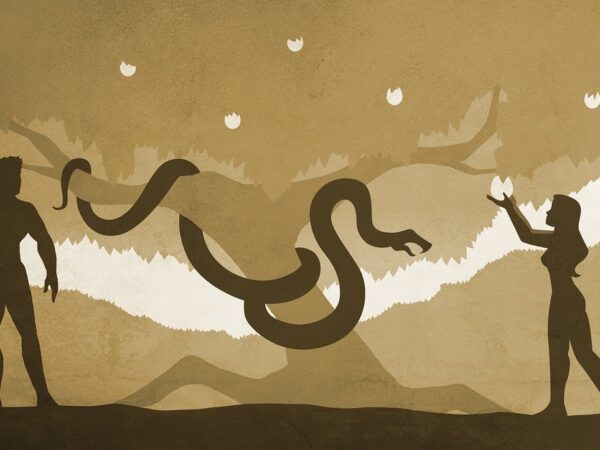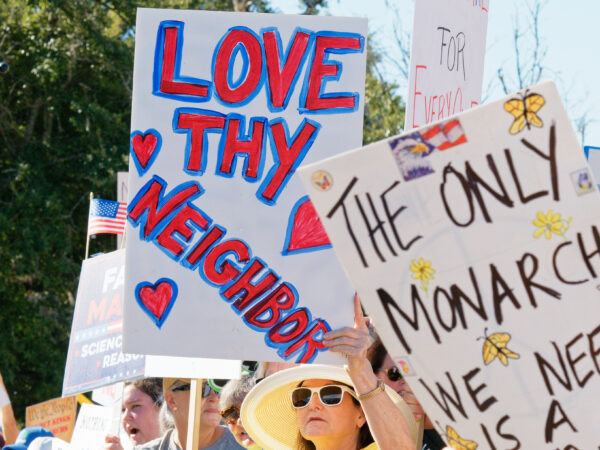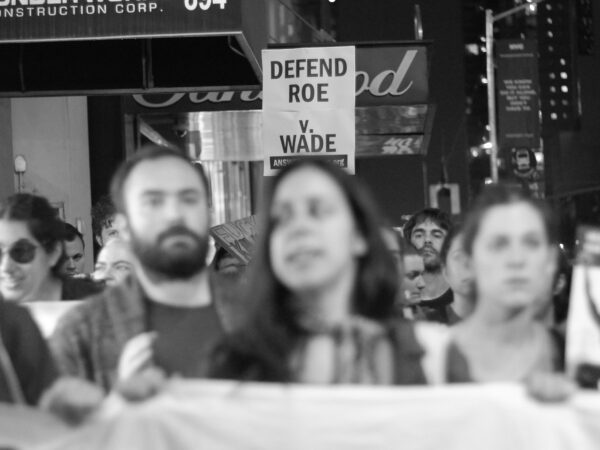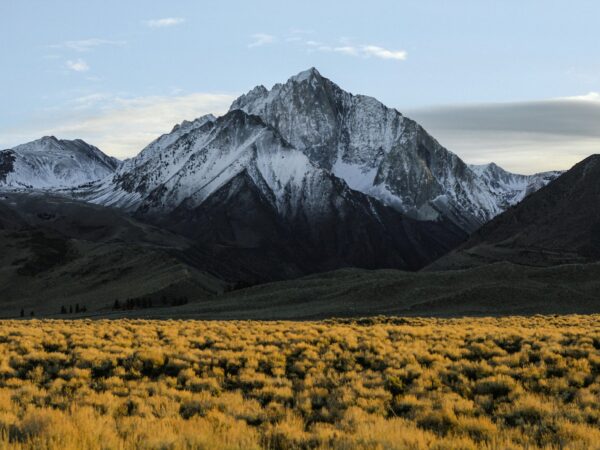
As a corrective to their corruption and total misconception of God’s character, Micah puts forth the disposition God requires – the triad to do justice, love mercy and walk humbly with God.

What happens when kings and rulers are confronted by a child whose very presence boldly proclaims that God is with us? Sometimes children have an astounding ability to disrupt the status quo. They resist passivity and compliance, they dream boldly and they demand justice. Who are our Immanuels today? And what do we do when we encounter them?
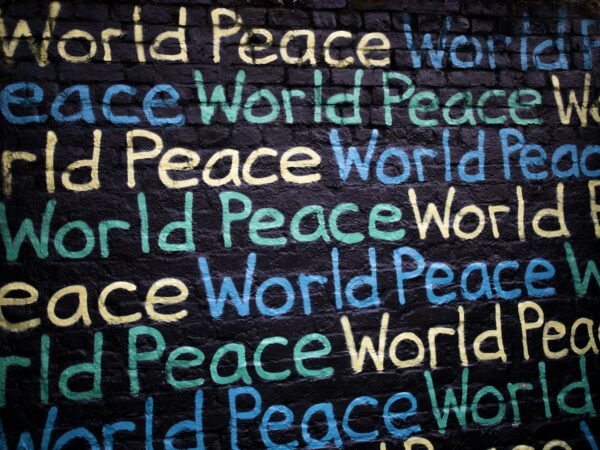
How do we then understand a biblical vision of peace relevant for our contexts today? Peace, from a decolonial theological perspective, is not a mere act of non-violence, nor is it about drawing peace plans from the perspective of the powerful global powers; rather, it is about the holistic well-being of the whole creation, coupled with justice, where life matters.
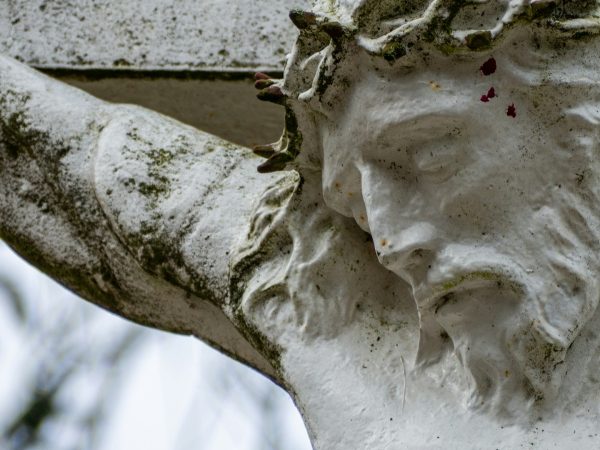
Jesus’s violent crucifixion exposes the inadequacy of Roman “justice” and raises important questions that are deeply relevant for today. For example, what aspects of our justice systems are designed—intentionally or unintentionally—to diminish human dignity and even dehumanize people?

Does being “without sin” mean never regretting anything, or getting everything right on the first try?
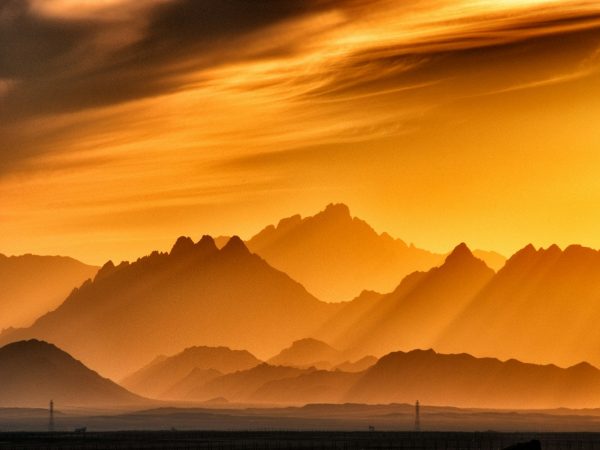
Mt. Carmel represents a very particular vision of Divine power, one dependent on a definition of power that equates it entirely with the strength to impose one’s will on another – even to the point of death. It’s an astonishing demonstration, yet also an extremist one, requiring power to equal unfathomable force: the unquenchable fire and Elijah’s subsequent unquenchable thirst to eliminate his enemies.
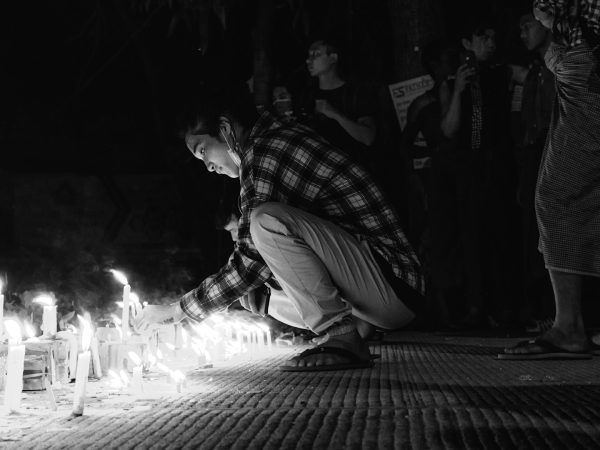
While deeply engaged with the concerns of everyday life such as healing, feeding, and engaging people in matters of justice and community, Jesus offers an alternative vision: one shaped by self-giving love and radical faithfulness to God’s kingdom, rather than by the structures and strategies of empire.
